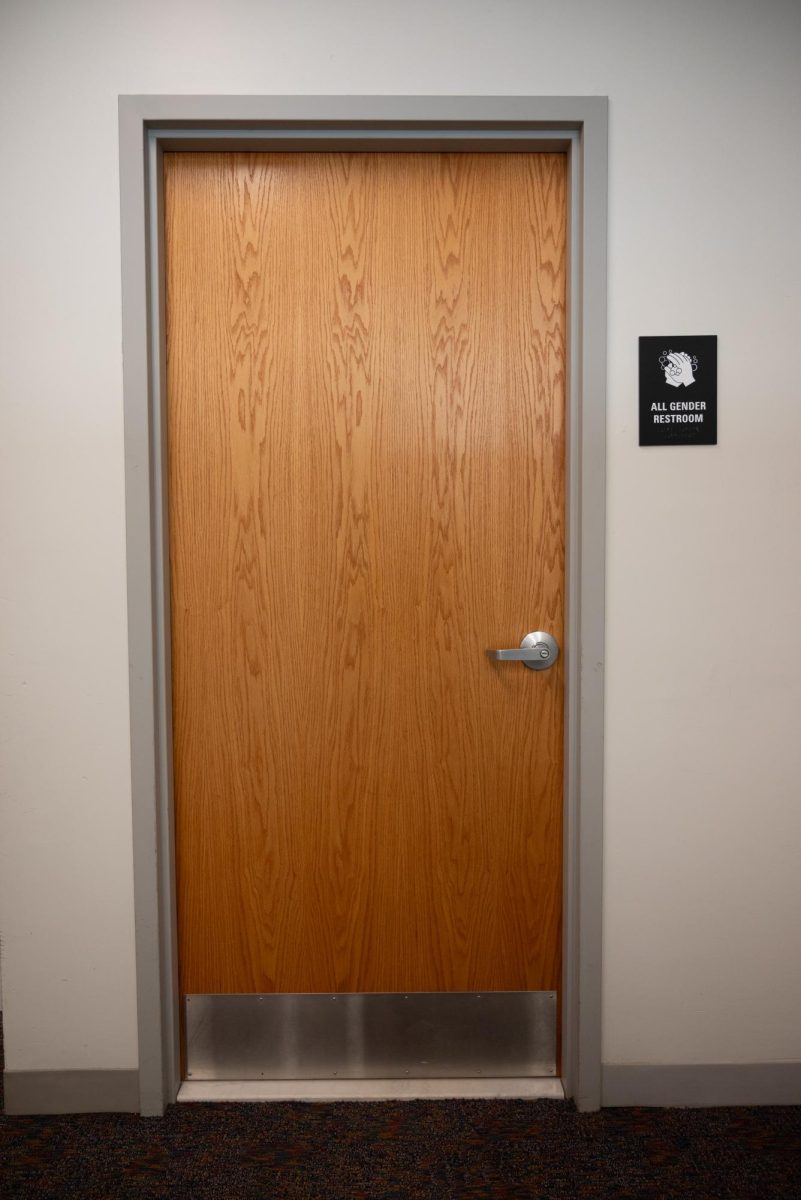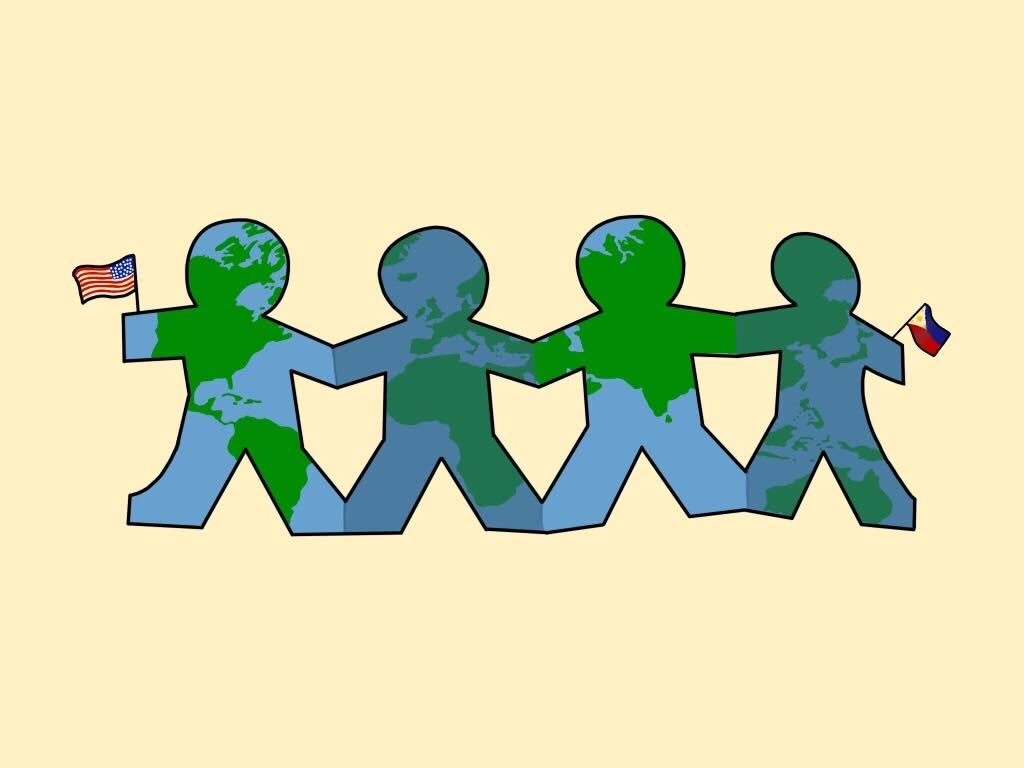The holiday season is here again, and with it comes the wonderful traditions and activities we participate in every year. For many people, the sound of The Salvation Army bell is familiar and comforting, something that signifies the holidays are truly here. Outside restaurants and shopping malls, churches and grocery stores, bell ringers stand next to that classic bright red kettle, encouraging you to drop some change or even a few dollars into the pot.
Many of us, myself included, have done this countless times, either because we feel guilty for spending money on extravagant gifts, because we truly want to help those in need or for some other reason. It’s a quick deed that takes no time away from our busy lives and it makes us feel good.
But something I recently learned about The Salvation Army made me rethink this tradition entirely. A few months ago, I was on Facebook when I saw a friend posted an article about The Salvation Army and their discriminatory policy toward homosexuals. I did some more research and found that their policy against gays isn’t just an ideological stance, but one they act on.
In addition to anecdotal evidence of discrimination on an individual level, The Salvation Army also works to discriminate on a larger scale. According to a 2004 New York Post article, The Salvation Army threatened to close all of its soup kitchens in and around New York City because the city was mandating they follow civil rights laws and offer the same benefits to homosexual employees as straight employees received. How much of their resources and money go into lobbying against rights for homosexuals? Is any of that money you just donated going to go to similar actions in the future? Why does a charitable organization need to have a political agenda?
Yes, The Salvation Army does a lot of good work for a lot of people in need. But so do many other organizations out there, without a discriminatory political agenda. The Salvation Army is a Christian organization, but there are also many other faith-based organizations that don’t discriminate toward any one group of people.
Beyond popular alternatives like the Red Cross or Habitat for Humanity, there are literally thousands of local charities that you could give money to. Not only would you know exactly where your money is going, you can be sure that with small, local charities, more of your money is going toward the actual cause and not to overhead costs.
Whether you donate here in Boston or back in your hometown, I urge you to do some research and find a few local organizations you believe in. Around Boston, Rosie’s Place, the Women’s Lunch Place, Pine Street Inn, Year Up, Christmas in the City and Jewish Vocational Services are just a few great options.
Northeastern teaches us to think critically. I encourage you to use the skills you’ve learned in college and put them toward finding a worthy cause to donate to, instead of the “easy” but misleading option of donating to The Salvation Army.
–Gail Waterhouse is a junior journalism major and a member of The News staff.









